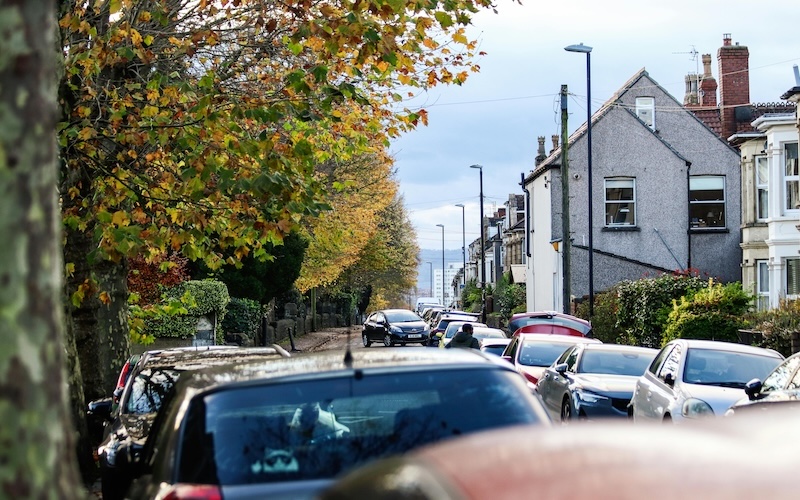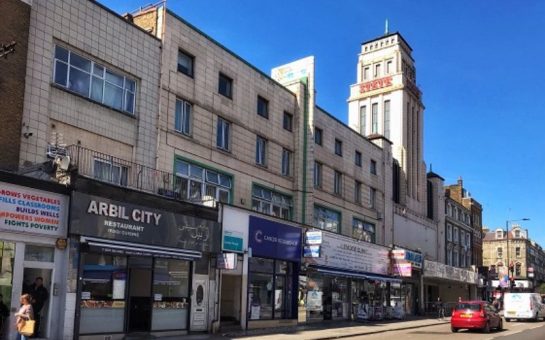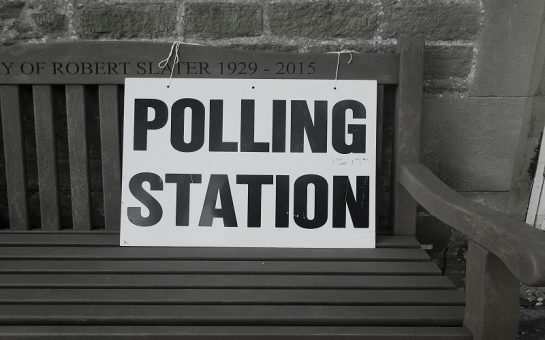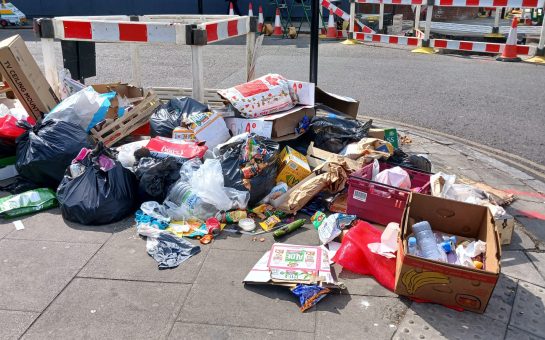Conservative councillors in Ealing have hit out at the council’s Labour majority after a consultation about new controlled parking zones (CPZ) only received 8% support.
The consultation findings, which were published at the beginning of April, found that residents overwhelmingly opposed proposals for CPZs in Greenford South and Greenford Town Centre, despite the overwhelming congestion in these areas, and the council has been forced to abandon its proposals.
Conservatives have criticised the Labour council for holding the consultation at all, given that, in 2017, a similar CPZ plan received 93% opposition, according to Ealing Conservatives’ website.
Conservative councillor Fabio Conti said: “This result is a victory for local residents who campaigned against the proposals.
“It’s time for Ealing’s Labour Cabinet to wake up, listen to the clear message from Greenford residents.
“Ealing taxpayers’ money should never have been wasted on another consultation for a scheme that no one wanted.”
It is unclear how much Ealing council spent on the consultation, but when Lewisham council carried out a CPZ consultation of their own, they reported spending £10,000 on consultation leaflets (including design, printing, distribution, and postage), CPZ maps, and exhibition venues.
Ealing Conservatives also criticised the manner in which the consultation was carried out, as 21% of responses were left unclassified due to what they have claimed was a lack of straightforward response options.
In the consultations findings report, its author Tom Gallagher, the Interim Head of Parking, said that not all submissions could be readily classified into ‘for’, ‘against’, and ‘neutral’, as some addressed tangential issues without expressing a definitive stance, whilst others expressed nuanced standpoints, or posed questions rather than stating opinions.
Conti said: “Conservatives repeatedly warned Labour about the Council’s flawed consultation process.
“Residents were denied the opportunity to simply say ‘No’.”
The report noted that many residents questioned the motivation behind the CPZ proposals, with the suggestion that the implementation was primarily a revenue-generating scheme rather than addressing congestion issues.
Gallagher said: “This perception damages trust in the council’s decision-making processes.”
A spokesperson for Ealing council said that, whilst CPZs do generate income for the council, which, in turn, is used to fund wider transport services, their core purpose is to address local parking challenges.
On certain streets in Greenford, parking pressure exceeds 100%, meaning that more cars are parked there than are legally able, with surplus vehicles being left in areas not deemed for parking, like pavements.
The highest occupancy recorded in the report was on the Grove in Greenford South, which sees 182% occupancy in the week and 199% on weekends.
The report cited a number of major concerns from residents, foremost of which were financial concerns, taking into consideration the burden of increased permit prices during the cost-of-living crisis, and the detriment to local businesses as a result of decreased footfall.
Residents also expressed concerns about the impact on community cohesion, as many were worried that visitor permits would discourage regular family visits, increasing social isolation for elderly residents in particular.
On the other hand, Ealing council had encouraged the implementation of CPZs as part of their efforts to address the climate emergency, declared by the council in 2019, and become net zero by 2030.
Ealing council’s spokesperson said: “Parking policy, alongside active travel, and public transport initiatives, plays a crucial role in that strategy.”
Ealing has a higher-than-average air pollution rate, and the report stated that the implementation of CPZs would reduce pollution in the area from cars idling whilst their drivers look for parking.
Despite the failure of the CPZ proposals, Ealing council are looking ahead to key upcoming initiatives which aim to reduce emissions in the borough, including the continued expansion of EV charging infrastructure, and the delivery of School Streets to improve road safety and air quality near schools.
When approached for comment, a spokesperson for Ealing council said: “The CPZ consultation in Greenford allowed people to give detailed opinions as well as to express support and opposition.
“This helped the council understand the levels of support and the underlying issues residents are facing.
“Since 2017, parking stress surveys in Greenford show more vehicles parking than there are spaces, resulting in illegal or obstructive parking.
“The council has a legal responsibility to address this, to ensure fair access to parking for residents and to maintain public safety.
“The recent consultation was an appropriate course of action to gauge current opinion before making any decisions.
“The primary aim of parking management is to reduce parking stress, improve road safety and support sustainable travel.
“Any revenue from Penalty Charge Notices (PCNs) is ringfenced by law and reinvested into vital highways, transport, and environmental improvements — benefiting the wider community.”
Picture credit: Boys in Bristol photography





Join the discussion